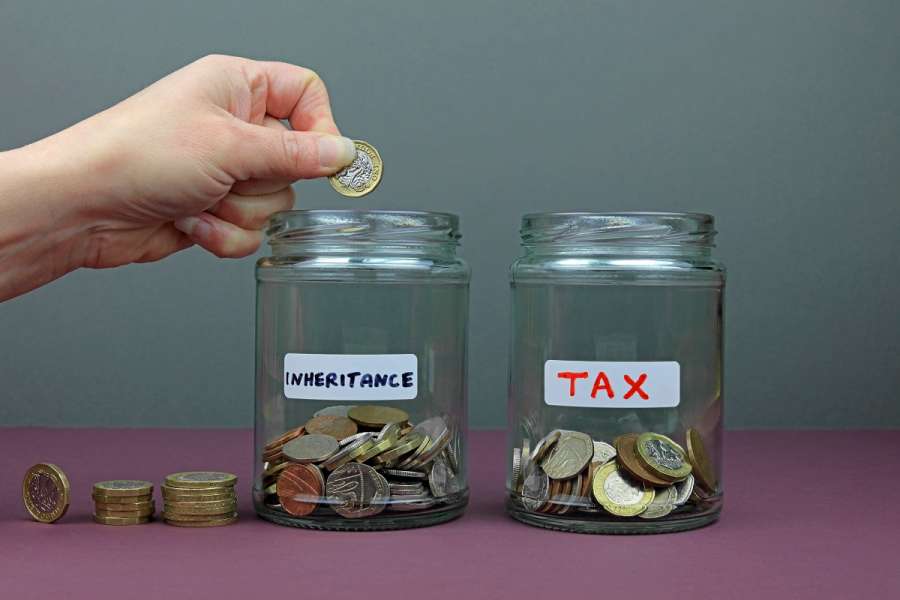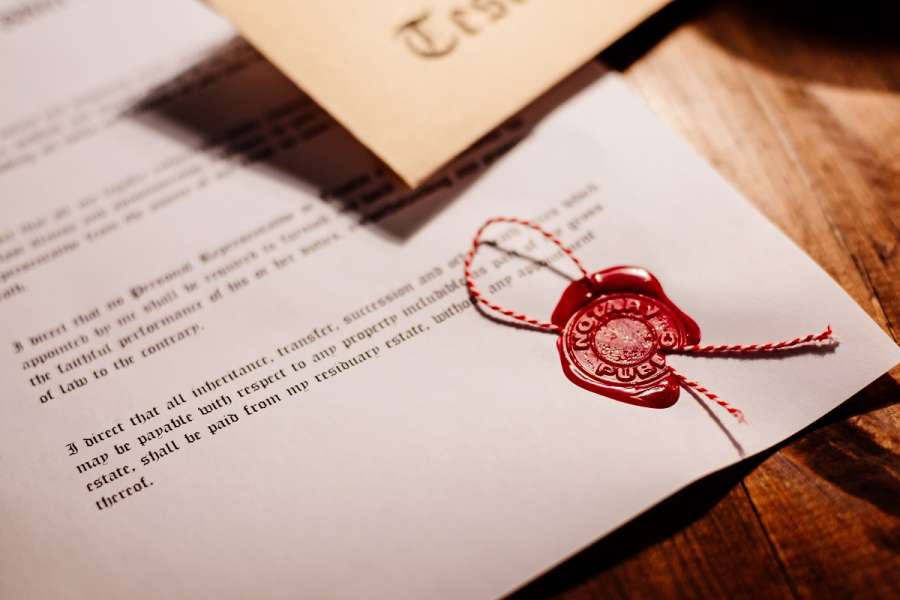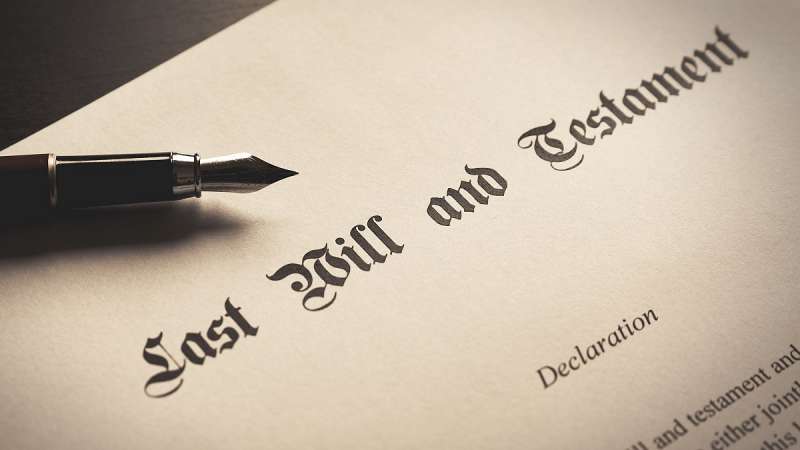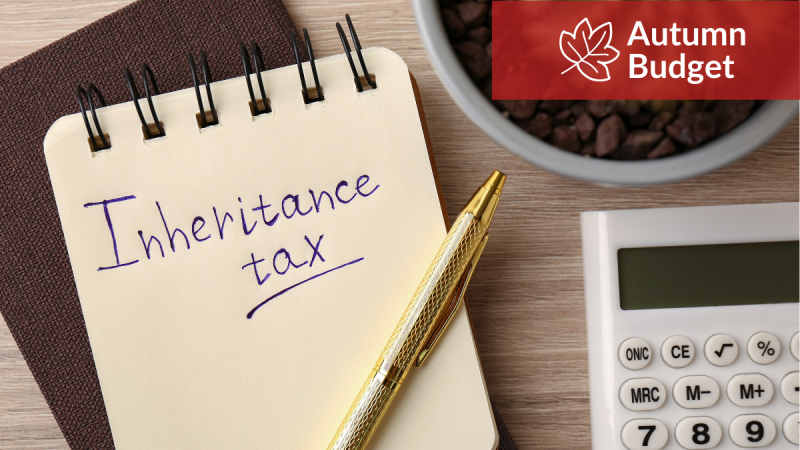
Trusts can be a useful way to protect assets and mitigate tax, but there is often a lot of confusion and misunderstanding about the purposes of Trusts. Our Wills, Trusts, and Probate team have identified some of the main reasons for creating a Trust below.
Firstly, a Trust is a separate legal entity (like a company) which usually involves several roles. The “Settlor” is the person who sets up the Trust and gives the assets away. The “Trustees” are the legal owners who manage and administer the Trust per its terms, which are usually set out in a Trust Deed. The “Beneficiaries” are the people who will benefit from the Trust.
There are many different types of Trusts, and the most appropriate Trust will depend on what you want the Trust for and will often be determined by the Beneficiaries circumstances or tax.
For more information regarding the different types of Trusts, please refer to our blog.













